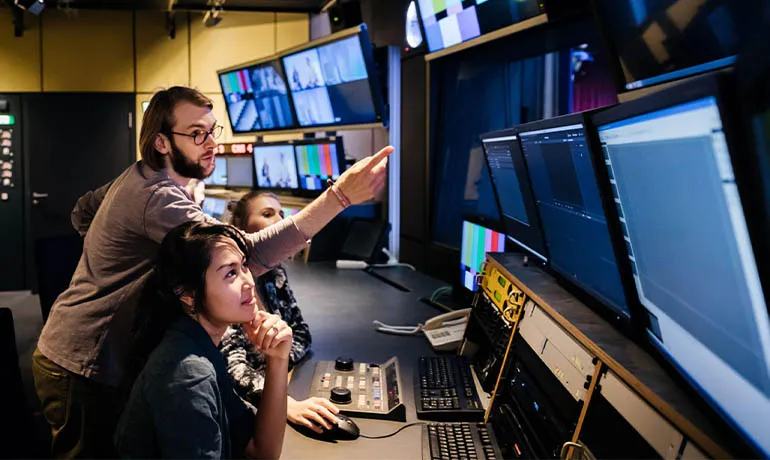Introduction:
With urban populations rapidly growing, cities worldwide face increasing challenges in managing traffic congestion and ensuring road safety. Control room innovations are stepping up to meet these needs, using advanced technology to monitor and respond to real-time traffic conditions, manage incidents swiftly, and optimize traffic flow.
Real-Time Monitoring for Proactive Management
One of the core advancements in traffic management control rooms is real-time monitoring through connected camera networks and sensors placed across city roads. These devices provide live feeds to control room operators, allowing them to track traffic flow, identify bottlenecks, and monitor incidents like accidents or roadblocks. The constant stream of data enables control rooms to make immediate adjustments to traffic signals or dispatch response teams, reducing congestion and enhancing road safety.
Adaptive Traffic Signal Systems
Smart traffic signals are transforming urban traffic management by automatically adjusting signal timing based on current traffic conditions. These adaptive systems help prevent buildup at busy intersections by allowing smoother traffic flow. For example, if a particular route is heavily congested, smart signals can prioritize movement on that road while temporarily holding other lanes. This flexibility significantly improves traffic efficiency during peak hours, minimizing delays and fuel consumption.
Data-Driven Decision Making
Advanced control rooms leverage data analytics to create a comprehensive view of traffic patterns, road usage, and common congestion times. By analyzing historical data and traffic trends, urban planners and control room operators can implement long-term strategies for improved traffic flow. The data can inform decisions on new infrastructure projects or changes in traffic laws, all designed to create smarter, safer cities.
These innovations are setting the stage for a more connected, efficient future in urban transportation. With smarter control rooms and adaptive technologies, cities are better equipped to handle traffic challenges, creating smoother commutes and a safer environment for everyone.

